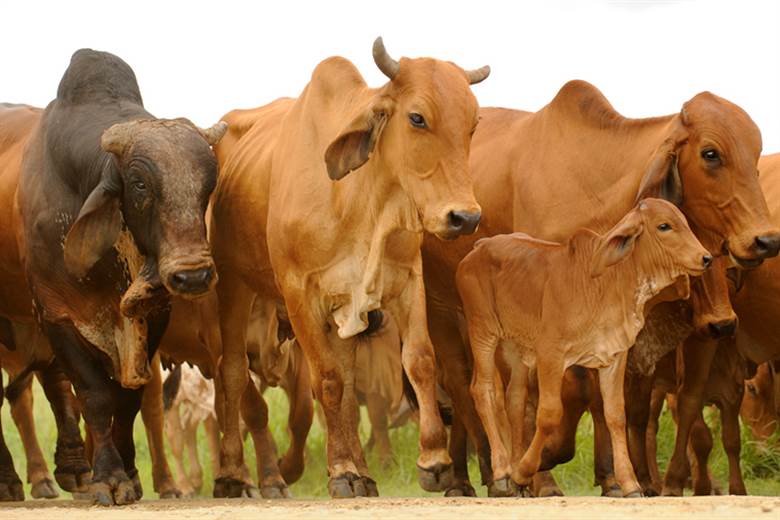Eblex director defends beef industry

A director of EBLEX, the organisation for the English beef and sheep industry, has defended the beef industry in the wake of recent reports suggesting beef production requires 28 times more land and 11 times more irrigation water than other types of livestock production.
“I'm sure we at EBLEX HQ weren't alone in reacting with frustration to this latest critique of beef production, which painted a picture of a resource-hungry global industry with little regard for the consequences of its actions,” said Nick Allen.
“Broadening the conclusions of a study such as this out to a global level fails to acknowledge important differences between production systems. Most of the coverage included a line about how, while the study is based on US data, its findings are equally applicable to Europe. But, even within a single continent, the diverse range of climates and terrains means that any conclusions are going to be an over-simplification at the very least.”
He said the UK primarily grazes ruminants to convert grass, which cannot be used to feed people, into food for the growing population. In many cases these animals occupy areas of farmland which couldn't be used to grow other crops. “Our rain-fed pasture system means we have very little reliance on irrigation; it takes just 67 litres of water to produce 1kg of beef.”
He added that there are environmental benefits of grazing cattle and sheep in terms of landscape management and maintaining biodiversity, as well as the ability of permanent pasture to capture and store carbon.
“The true picture of beef's environmental impact is complex and nuanced. However, one thing consumers can be certain of is that by buying quality assured beef from England, they're supporting one of the most efficient and sustainable livestock production systems in the world.”
Prof Gidon Eshel from Bard College in New York state, who led the research on beef’s impact, claimed eating less red meat would be a better way for people to cut carbon emissions than giving up their cars. He also questioned the amounts of grain needed to raise cattle, suggesting its production is diverting land away from crops.










